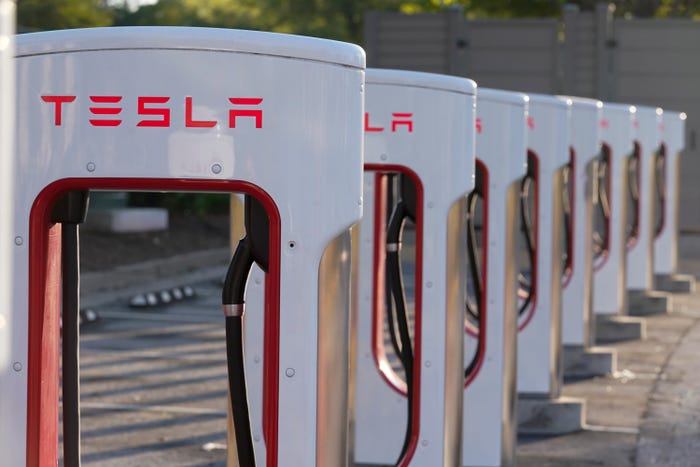A coalition of prominent American companies, including Ford, General Motors, Rivian, Pepsi, Ball, and SunPower, has penned a letter urging the U.S. Department of Energy (DOE) to make strategic investments in domestically produced clean aluminum. Their appeal aims to safeguard and create manufacturing jobs, reduce industrial emissions, and bolster a critical industry.
The letter, addressed to Energy Secretary Jennifer Granholm, emphasizes that utilizing funds from the Inflation Reduction Act (IRA) to expand and secure a cost-effective supply of clean energy can enable the Biden administration to revitalize and expand the domestic aluminum industry. This approach counters the risk of losing American-made primary aluminum.
A report from the Congressional Research Service in 2022 revealed a significant decline in U.S. primary aluminum production. While the United States once held the position of the world’s largest primary aluminum producer, by 2021, it contributed less than 2% of global primary aluminum production, ranking as the ninth-largest producer.
Primary aluminum smelting is known for its high energy consumption, with electricity costs estimated to account for up to 40% of production expenses. The United States’ diminished role in primary aluminum production is primarily attributed to its status as a relatively high-cost producer.
Leading primary aluminum producers are typically countries with more favorable energy cost structures, such as Canada, Russia, and the United Arab Emirates. In contrast, secondary aluminum production, which is roughly 95% less energy-intensive than primary smelting, has become a more economically viable option. In 2021, over 75% of the domestic supply of aluminum came from secondary smelters.
Primary aluminum production in the United States dwindled to approximately 860,000 metric tons in 2022, down from the reported 1 million metric tons in 2020. Concurrently, U.S. aluminum imports for consumption surged to around 5.9 million metric tons in 2022, up from approximately 4.3 million metric tons in 2020.
In their letter, the coalition of companies stressed the critical need for a reliable supply of domestically-produced, clean aluminum. They voiced strong support for federal investments through the Inflation Reduction Act (IRA) to ensure the United States remains a key producer of this essential material, vital for the nation’s economic growth.
The letter underscored the challenges facing primary aluminum production in the United States, including soaring electricity costs, limited access to cost-effective renewable energy, and insufficient federal investment. The companies pointed out that while global demand for primary aluminum is expected to rise in the coming years, domestic production continues to decline and is in danger of disappearing.
The IRA, touted as the largest-ever investment in U.S. manufacturing, could potentially supercharge clean energy technologies dependent on aluminum. The coalition projects that U.S. aluminum demand from wind and solar alone will surpass all current aluminum consumption. To meet this growing demand and secure the supply chain, substantial investments are deemed essential.
The initiatives outlined in the letter offer a means to establish a robust and sustainable supply chain for clean aluminum manufacturing in the United States. Such efforts would not only curb emissions but also create stable employment opportunities, aligning with the nation’s climate objectives. Currently, the DOE is evaluating applications from aluminum companies seeking IRA funding to reduce emissions from manufacturing processes and power supplies.







